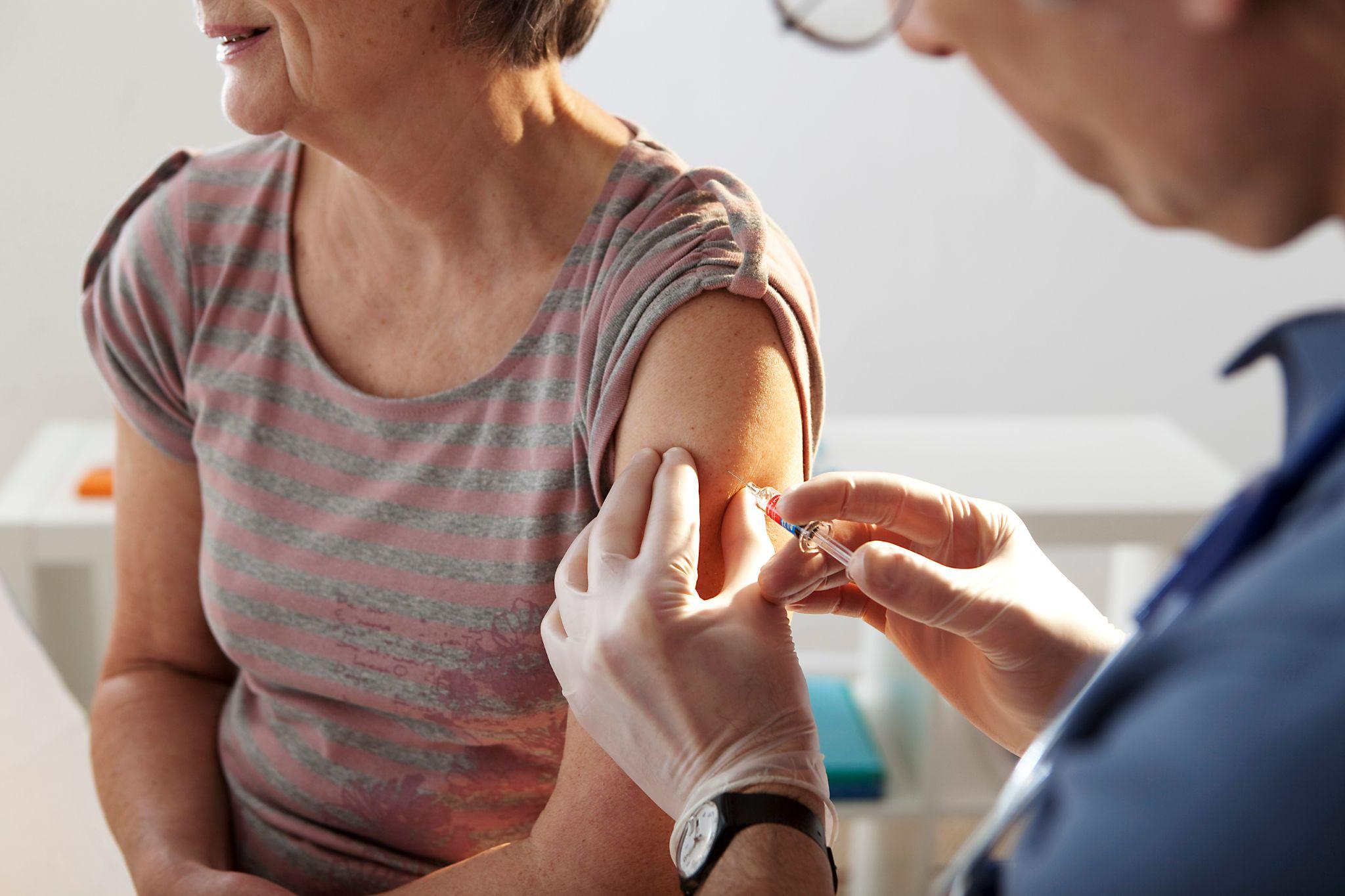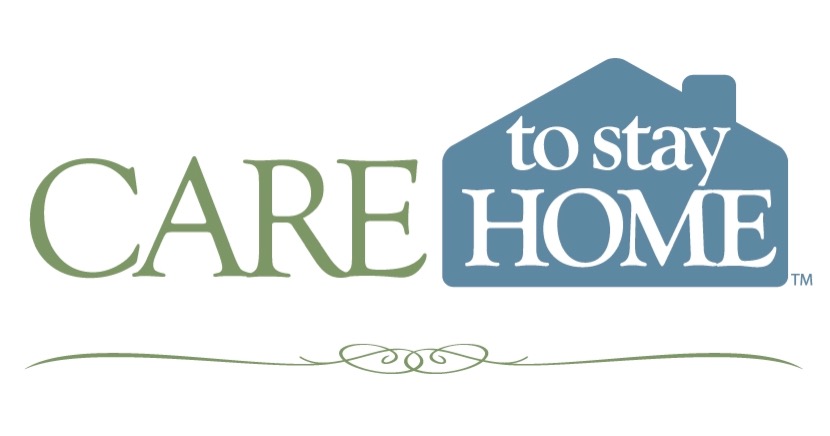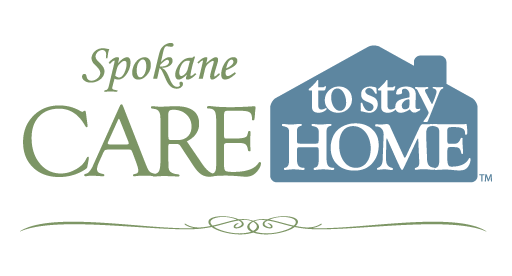
08 Dec Vaccines for Older Adults
Introduction
You’ve probably heard that immunizations are important, but did you know that they’re even more crucial as we age? By getting regular vaccines, you can protect yourself against a variety of illnesses and diseases.
Every person’s needs are different. If you’re over 65 years old or have certain health conditions, or you care for an older adult, you need to know what vaccinations are recommended.
As an older adult, your doctor may recommend additional immunizations. We’ll discuss the recommended vaccines for older adults and what to do if Medicare doesn’t cover them.
Recommended Vaccinations for Older Adults
As we age, our immune system becomes less effective, which can make us more susceptible to infections. This is why it’s important to get vaccinated against common diseases, especially getting those that are recommended for older adults.¹
The vaccines recommended for older adults vary depending on the age group and occupation. For example, influenza and pneumonia vaccinations are recommended for seniors 65 years and older, while meningitis vaccine is recommended for people over 65 who have close contact with people who are infected with the disease or are at risk due to certain health conditions or medications they may be taking.²
Make sure to talk with your doctor or pharmacist every year to keep your vaccines up to date. Some of the most common vaccines for older adults are:
- Influenza: The flu shot is available at your doctor’s office or local pharmacy. It’s recommended that everyone over 65 years old receive a yearly vaccine. For people 65 and older, there are special formulations of the flu vaccine to help create a more robust immunity.
- Pneumococcal vaccination (PCV13): This vaccine protects you against pneumococcal disease, which can cause meningitis and pneumonia. It’s recommended for people over 65 who have chronic conditions such as diabetes, heart disease, lung disease, or cancer. If you received the PCV13 vaccine before age 65, you should get another dose now to protect against older-age illnesses associated with influenza and pneumococcal infection.
- Tetanus diphtheria pertussis (Tdap) booster: You should get this if it’s been 10 years since completing the series of vaccines or if you’ve never had them before; it will help prevent tetanus-caused illness, which is present in the soil, as well as pertussis (also called whooping cough) and diphtheria in areas where both diseases are common.
- Shingles vaccine: Shingles is a reactivation of the chickenpox virus that affects the nerves and skin. Shingles can be very painful and can cause lasting pain even after the initial flare-up is over. The shingles vaccine for older adults can help prevent this painful condition.
- COVID 19: The CDC suggests that older adults make sure to stay up to date with boosters for COVID 19, as this may help prevent disease or reduce the severity of infection if it occurs.¹
It’s important to stay up-to-date on your health by regularly checking your vaccination records. Doing so will help you identify any vaccine-preventable illnesses early and ensure you’re taking the most effective action to protect yourself.
Potential Vaccine Side Effects
Feeling a bit poorly after getting a vaccine is normal and is usually a product of the immune system mounting a response, which results in the desired result of increased immunity. Side effects of vaccines for older adults are generally mild and go away on their own. Mild side effects may include:
- Mild soreness or redness where the shot was given
- Headache
- Fatigue (feeling tired)
- Joint or muscle pain
- Nausea³
These symptoms should pass in a day or two. If you are concerned, always follow up with your doctor.
What Vaccines Does Medicare Cover?
Medicare covers a number of vaccines for older adults, so it’s important to talk to your doctor about which vaccines are right for you and when you should receive them. Some people may require more than one vaccine at a time, so it’s important to speak with your healthcare provider about this. Vaccines can be harmful if not given properly or if the person receiving them has any underlying medical conditions.
Medicare covers the following vaccines:
- Shingles vaccine (Zostavax)
- Pneumonia vaccine (Pneumovax)
- Flu shot (Fluarix)
- Tdap vaccine
- COVID 19 vaccine⁴
Why Aging Adults Are Harder to Vaccinate
As we age, our immune systems become less effective. This is true for everyone—but older adults are more likely to have other health conditions that make them even harder to vaccinate.
- They’re more likely to have chronic diseases and be taking medications for those diseases.
- They’re more likely to have other health conditions that lower the body’s ability to respond to vaccines or cause an adverse reaction from a vaccine.
- They may be frail or immunocompromised due to their age and/or other conditions, which makes them less able than younger adults or children of similar ages to fight off an infection after vaccination or exposure.⁵
Special dosages and formulations of vaccines are available for older adults to help compensate for these issues and help create a stronger immunity to certain illnesses.¹
Immunizations Can Be Vital to Older Adults
In addition to the general benefits of vaccines, vaccinations are especially important for older adults. The immune system gradually weakens with age, and it becomes more difficult for the body to fight off infections like pneumonia and shingles.⁵
Immunizations help prevent these conditions by giving your body a “booster shot” of protection against them. Vaccinations also protect against serious diseases that may have been common in previous generations but aren’t as much anymore, such as polio or measles.
If you haven’t been vaccinated recently, talk with your doctor about which immunizations you need—and if they’re right for you!
Make Sure Your Elderly Loved Ones Are Appropriately Vaccinated
As we age, our immune system becomes less effective, making us more susceptible to diseases. This is why vaccination is so important for aging adults. Vaccination is one of the most important ways we can protect ourselves from diseases.
By vaccinating older adults, we help to reduce the risk of serious health complications and even death. It’s also important to talk with your doctor about which vaccinations are best for you and your loved ones. By getting vaccinated, you’re not only protecting yourself but those you care about.
An outside caregiver can help assist with determining your elderly loved one’s vaccination needs as well as assisting in accessing vaccinations and follow-up care. Here at Spokane Care to Stay Home, we offer a wide variety of caregiving services.
Whatever your or your loved ones’ healthcare needs, Spokane Care to Stay Home will create a plan customized to your needs. Call us today at 509-775-6789 for an in-home consultation, or contact us online. We are here to help.
Sources:
- https://www.nia.nih.gov/health/vaccinations-older-adults
- https://www.cdc.gov/vaccines/vpd/mening/hcp/recommendations.html
- https://www.aarp.org/health/conditions-treatments/info-2021/older-people-covid-vaccine.html
- https://www.medicare.gov/coverage?coverage_search=vaccines
- https://www.bbc.com/future/article/20201013-why-older-people-are-harder-to-vaccinate


